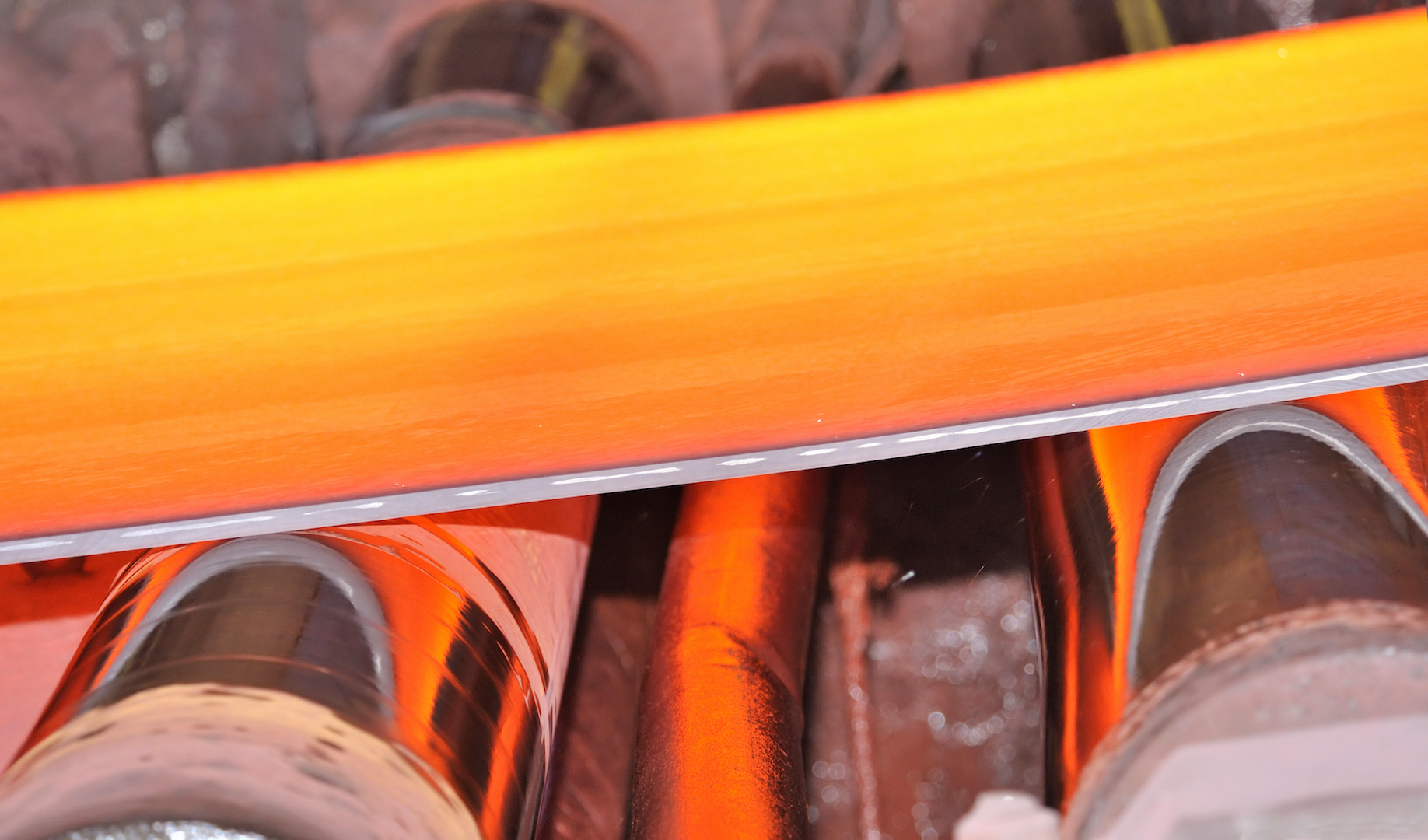Global production of crude steel fell year-on-year by 2.8% in 2015 to 1.6 billion tonnes, according to data released by the World Steel Assn (Worldsteel).
Meanwhile, the Chinese government intends to eliminate a further 100-150 million tpy of crude steelmaking capacity in the country amid an oversupplied steel sector, national premier Li Keqiang has said.
Russia demand outlook negative:
Russian crude steel production dropped by 1.80% year-on-year in 2015 to 69.4 million tonnes, according to federal statistics service Rosstat.
The country consumed about 40 million tonnes of steel last year, down by 11%, data from national steel association Russtal revealed.
Demand is expected to drop by another 10-20% in 2016.
As domestic consumption dropped, Russian producers have been looking to increase exports.
Export volumes of semi-finished products increased year-on-year by 8% to 13.2 million tonnes in 2015.
Magnitogorsk Iron & Steel Works (MMK), for example, increased its export sales outside the CIS region by 46% year-on-year in the fourth quarter of 2015.
Severstal will challenge the suggested imposition of anti-dumping duties on its shipments of hot rolled coil (HRC) into Turkey, the company said at the beginning of the week.
This was followed by statements from Novolipetsk Steel (NLMK) and MMK that they would also challenge the duties.
Meanwhile, Turkish domestic HRC prices have held steady since the announcement of the proposed duties.
Russian state-run oil pipeline monopoly Transneft will reduce its large-diameter (LD) pipe purchases by 36% year-on-year in 2016.
Russia’s largest pipemaker, TMK, saw its sales drop by 23% year-on-year to 938,000 tonnes in the fourth quarter of 2015, amid the drop in oil prices.
Continued iron ore glut:
Anglo American’s iron ore output rose by more than 8% year-on-year in the fourth quarter of 2015, as increased volumes from its Brazil operation offset a drop in volumes from its Kumba complex in Africa.
Australian miner Fortescue Metals Group (FMG) lowered its cash production costs (C1) by 6.5% in the three months to December amid a low price environment for iron ore.
China imported 2% more iron ore in 2015 than it did a year earlier despite talk of steel demand reaching a peak. But its intake of coking coal shrank by more than 23% to less than 50 million tonnes, from a record high of 75 million tonnes in 2013.
A weakening Brazilian Real will be net-negative for global iron ore prices, as it will create incentives for both Brazilian exports and domestic production, according to BMI Research.
The latest Steel First Analyst Ranking shows a wide divergence of outlooks among analysts – as far apart as $15 per tonne – with the bulls forecasting an average iron ore price of around $50 per tonne, while the bears foresee prices in the mid- to high-$30 range.
Trade policy:
The Russia-led Eurasian Economic Union has introduced anti-dumping duties of 4.32-18.96% on imports of stainless steel pipe from Ukraine, for a period of five years.
Brazil has imposed provisional anti-dumping duties on imports of carbon steel seamless tubes from China, the country’s foreign trade chamber, Camex, said.
Camex also added Chinese carbon/boron heavy plate imports to an existing anti-dumping measure.
The Mexican government has added another five years to existing countervailing duties on imports of hot rolled flat steel goods from Russia and Ukraine, including boron-containing materials.
Around the world:
In Europe, we took a closer look at troubled Italian steelmaker llva, which had a turbulent start to 2016.
The Italian government’s aim of selling Ilva by June this year is still in place, raising questions about who might buy it and over what timeframe.
Italian steelmaking plant manufacturer Danieli has signed deals worth $6.2 billion with Iranian business leaders for the supply of industrial equipment to the Middle Eastern country.
The growing burden of Europe’s emissions trading policy and increasing volumes of cheap imports pose a major threat to steel jobs in Germany, steel federation WV Stahl and trade union IG Metall have warned.
The development of a UK shale gas industry could be beneficial for the country’s domestic steel industry, members of parliament (MPs) said in a debate in London.
In North America, US steelmaker AK Steel sees limited growth potential for the country’s automotive sector in 2016.
Source: Steel First

